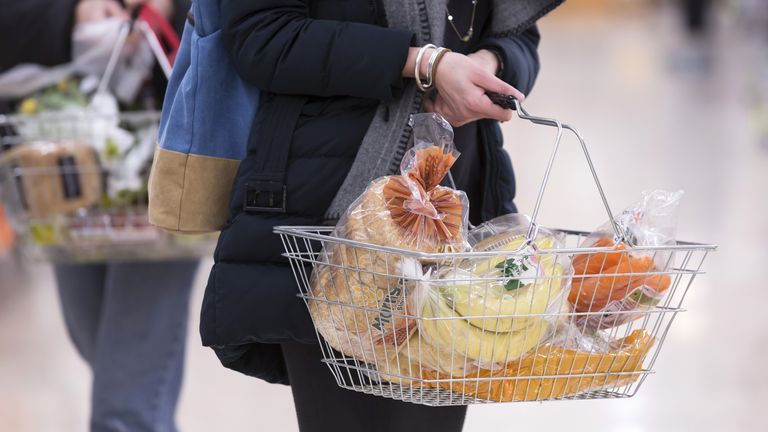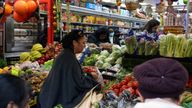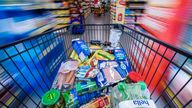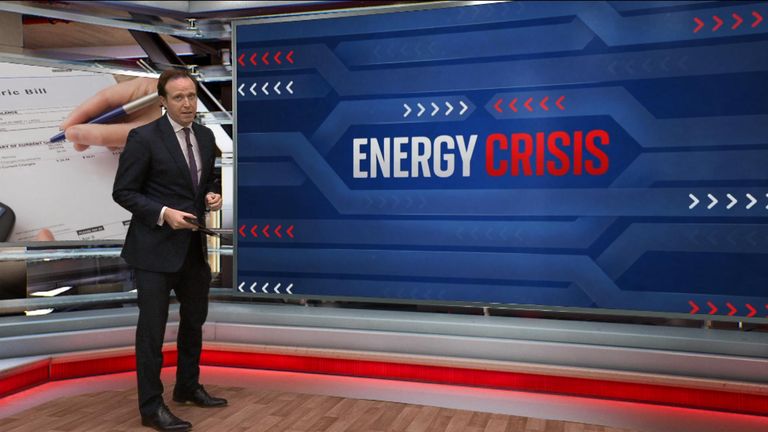Surging inflation could dwarf other issues in the political landscape as households feel the strain
Another month, another eye-wateringly high inflation number.
In November the consumer prices index rate of inflation was 5.1% and most economists had expected it to stay at that level again in December.
In the event it outdid those expectations, rising to 5.4%.
This critical statistic – among the most important measures of economic activity – is now at the highest level since 1992, five years before the Bank of England was given operational independence to target prices.
It is a sign of serious strain for millions of households, since inflation is a measure of the cost of living.
The faster it is rising, the faster the prices of everyday goods and services are increasing, with a direct impact on everyone’s standard of living.
You get a sense of this when you peer down into the index at the kinds of things whose prices are going up fastest.
The biggest upwards contribution to the index came from food price inflation, which is now at the highest level in nine years.
But underlying so many of these high prices are two factors.
The first is the unprecedented rise in energy prices, which feed into higher costs across the whole “shopping basket” of typical goods people buy.
The second is the disruption from COVID, which has contributed to supply chain problems across the world.
Put them together and you can see why prices here in this country – and in most developed countries – are testing decadal highs.
There are two big questions now.
First, how high will prices get? The Bank of England has already signalled its expecting them to go up to 6%.
But now many economists think they could breach 7%.
The second question is: how soon until the Bank’s monetary policy committee takes further action to try to inflation down – in other words raising interest rates.
It lifted borrowing costs at its December meeting from 0.1% to 0.25% but now many think it could increase them again to 0.5% as soon as its next meeting in February.
There are many other things happening in the UK’s political landscape at the moment.
But in time what we are seeing in the economy – with prices rising so fast, squeezing households at home and in the shops – may turn out to dwarf everything else in terms of its sheer significance and impact.




